In Polis, a poorly executed attack can lose you the game.
Mismanaging your iron can lose you the game.
Forgetting to build merchants can lose you the game.
If you don’t feed your people, you can lose the game.
Running out of prestige can lose you the game.
Also, not scoring enough points loses you the game.
Polis is one of the most challenging game systems I have encountered, and for a game about the Peloponnesian War(s), you do a surprisingly small amount of actual fighting. Mostly, I just do a lot of losing.
Forget about taxonomy
Polis is a singularly unique game that I’ve engaged with for several years now, and it’s one that I would like to see more people playing. The problem is that when you try to sell someone on a game, many of us rely on taxonomic conventions that often lead people to dismiss a game like this out of hand.
Depending on who you talk to, people will say that Polis is:
- A wargame
- An economic simulation and race
- A market manipulation game
- A logistics game
I don’t actually think it’s really any one of these things, rather, it is all of these things. Sure, there’s a combat system, but you spend the vast majority of the game trying to keep your empire from falling apart. Yeah, there’s resource management, but it’s kinda about getting to the goodies first.
I’ve put off this review for a while because Polis is really hard to write about. I’ll try and start by explaining the game. I’ll say this though, if you’re interested in any of the types of games I described above, you’ll likely find something to like here.
How to Polis
For people who are not experts on the Peloponnesian Wars, here’s some quick context. All those Greeks were hanging out, having a good time, doing radically different stuff. Sparta was getting really good at killing, and Athens was doing a good job learning philosophy and building a navy. Then, Persia tried to invade, and all the Greeks teamed up to repel them. Then, after they beat back the Persians, they returned to one of the things that many ancient civilizations were good at—killing each other. While dividing the two factions into Athens and Sparta is a bit of an oversimplification, basically the Athenians and the Spartans fought two wars, and the Spartans eventually conquered the Athenians.
Polis covers both Peloponnesian Wars, though if you’re expecting a history lesson, you’re probably better off with something like GMT’s Pericles.
One player takes Sparta, the other takes Athens. Both nations have asymmetric starting positions and slightly different sets of starting resources. Let’s start with the resources.
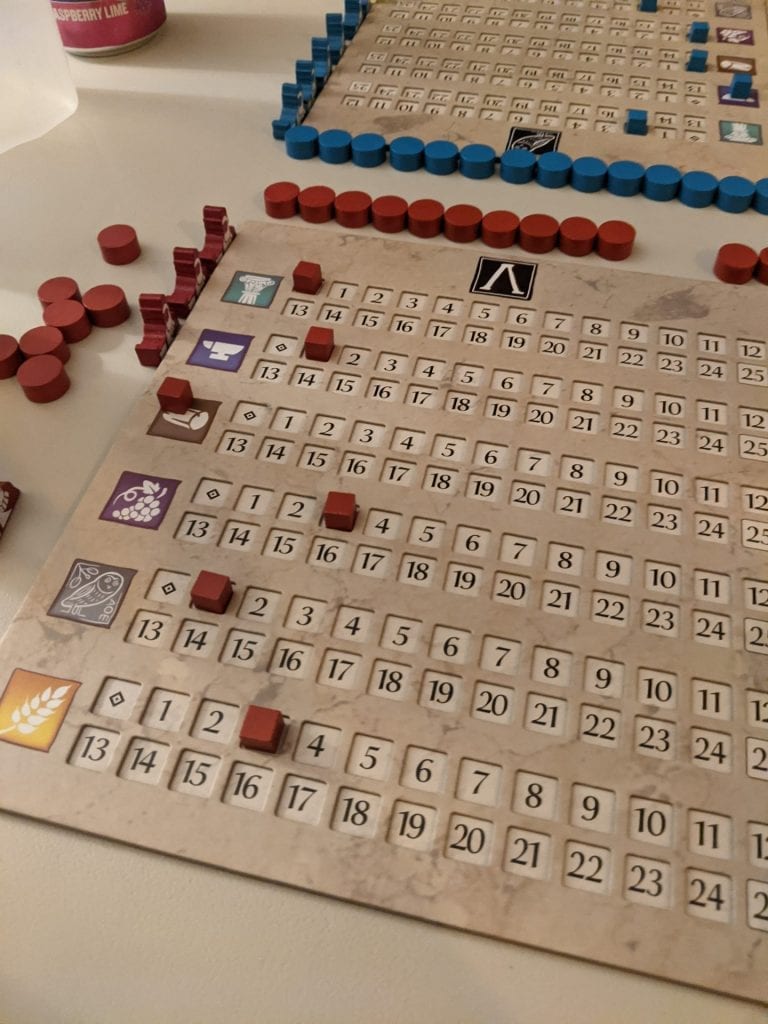
From the top of your resource board you have: prestige, iron, wood, grapes, silver, and wheat. I’m actually going to get granular with these because this is literally the entire game right here.
- Prestige – Prestige is added to the population of each of the cities (poleis) that you control at the end of the game to determine your score. You can also build projects, which cost resources, which give you a few more points at the end of the game. But, prestige is required to do things like move your units, collect resources from territories on the board, and lay siege to neutral cities. If you have to spend prestige and you don’t have it, you lose the game. You gain prestige in the game by completing projects, conquering cities, and having battles. Note that I said having battles, not necessarily winning battles.
- Iron, Wood, Grapes – Two of these three resources are used for two purposes. Iron and wood can be used to convert city population into either galleys or hoplites (the two military units in the game, represented by cubes). All three of these resources can also be traded in the game’s dynamic market for one of the final two resources, silver and wheat.
- Silver – Silver can be substituted in full for another resource when you have to pay for something (say you want to buy a galley, but you have no wood, you can pay the cost in silver). It’s also used for many of the game’s projects.
- Wheat – Wheat is one of the hardest to come by resources in the game, especially for Sparta. At the end of the round, you must pay one wheat for each population cube in your cities, and if you cannot, you must pay prestige or lose entire cities. If you can’t do that, you lose the game. Food is important.
On your turn, you take two actions from a menu of 11. You cannot take the same action twice. You can also pass. 11 actions sounds like a lot, but there are broadly three action types: movement, trading/harvesting, and building things.
Polis uses a concept from many strategic wargames called “strategic movement”, meaning that with each move action, you can zip units from all around the board to a single space. You have some limitations when crossing territories controlled by the other player and oceans, but overall, your movement is surprisingly flexible. This style of moving makes the game more about blockading oceans and creating choke points than incremental maneuvering.
Units can share spaces, and battles only occur when a space contains 8 units. In the first of the game’s 3 rounds, each player can have no more than 3 units in a given space, meaning combat is not possible until the second round.
When you control a territory and have hoplites there, you can “collect tribute.” There are tables alongside the board where you transfer the hoplites in the territory to the table, and receive the resources listed, and then return your cubes to the board. You can only harvest as many resources as you have units in a space, and each territory has different resource distributions.
When you have resources, you can send your little merchant pieces along shipping lanes of the board to trade them for wheat and silver, which in turn affects a dynamic market.
Finally, there are different ways to grab poleis in the game. You can attack them with troops, which is governed by a die roll, or you can maneuver a special piece called a Proxenos to the poleis and buy it into your empire with silver, a sometimes costly move, but more certain than the die rolling.
OK, PHEW! THAT’S ENOUGH RULES EXPLAINING I HOPE YOU’RE STILL HERE THANKS
Do you like being smacked around by a system?
That’s ultimately what Polis asks its players. In my 8 or so plays of this game over this and the previous edition (more on that at the end), I have rarely been able to put the hurt on my opponent because I’m so busy getting my butt kicked by the game’s economic engine.
Take what is an ordinarily simple operation in most war games: building units. In Polis, you just take excess cubes from a city card, pay an iron or silver for each cube, and you’ve done it! Congratulations, you’ve put more hoplite cubes on the board.
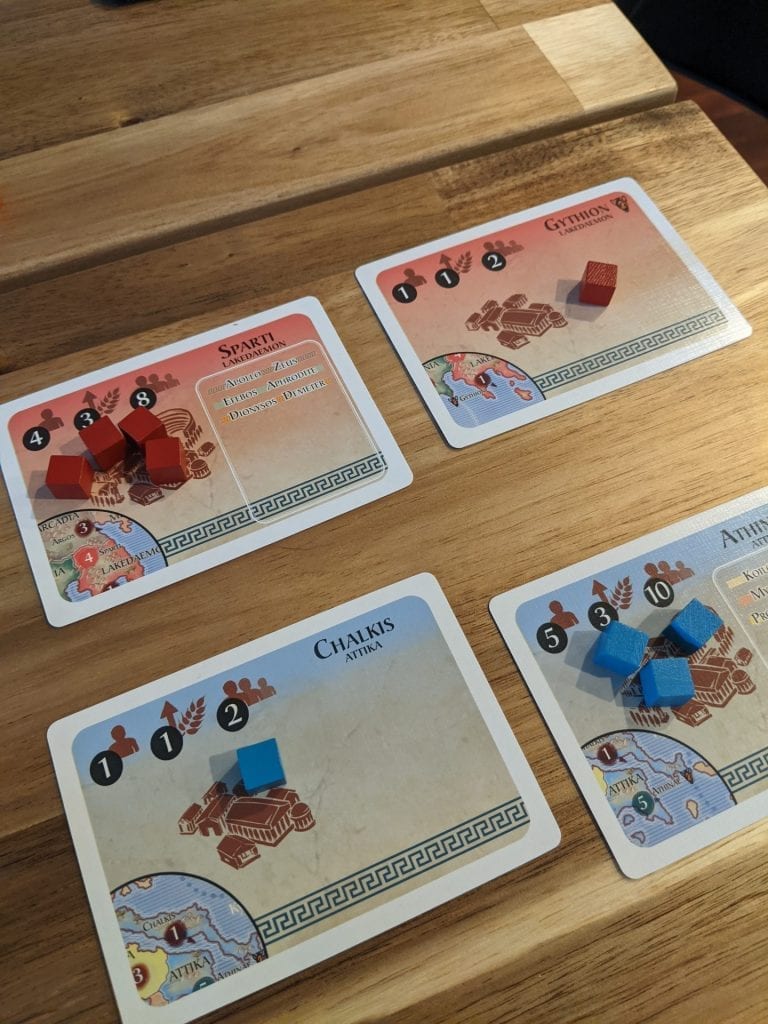
But uh-oh, the end of the round is coming. You still need 6 wheat to feed your cities. You have zero. How to get wheat? Well, you can go take your new troops over to an island and collect tribute, scoring you 3 wheat, and costing you 2 prestige, leaving you with one prestige left. How to get that remaining 3 wheat you need? Well, maybe head up and trade, right? Uh-oh again, you’ve traded all your iron to build those troops that got you that initial wheat, and now you don’t have anything to trade for!
SLAP. (That’s the sound of the game box hitting you in the face).
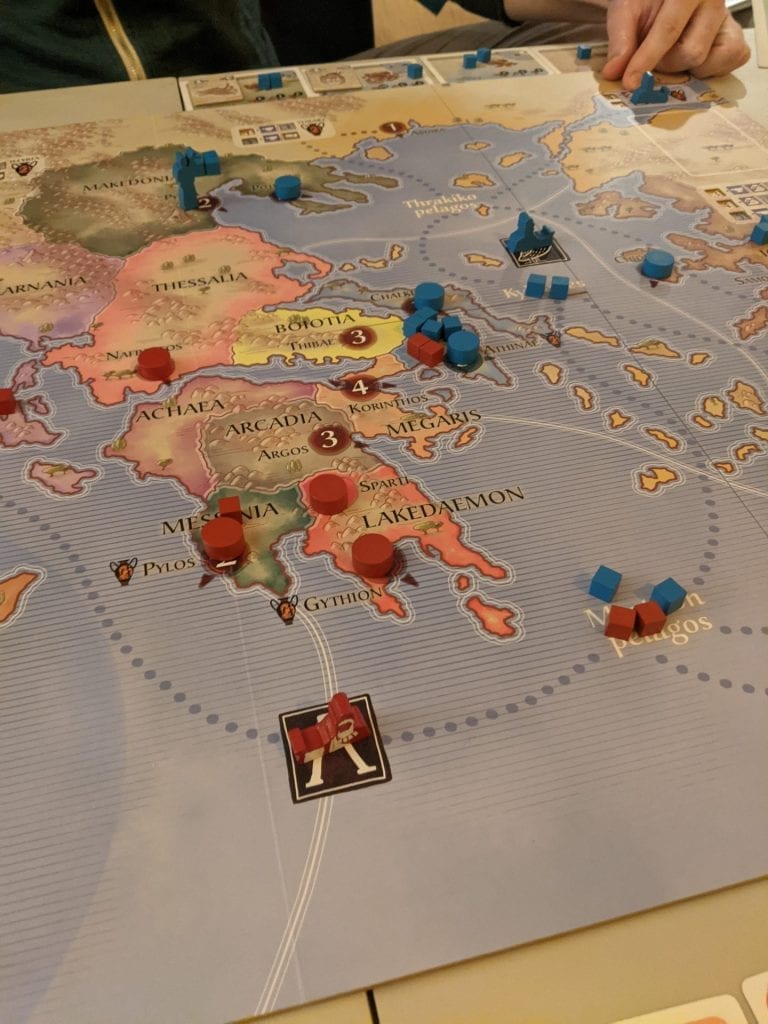
Every decision in Polis is loaded with this sort of difficulty. The central premise of this game is that you are trying to achieve a hegemony. Many people would define hegemony in traditional terms, i.e. one group getting dominance over all other groups within a given area. However, Polis subscribes more to the Marxist concept of hegemony, where a government is given consent to rule and dominate its population by the population itself. To become a hegemon in Polis, you have to provide for your people, first and foremost. If you’re not providing, they’re not gonna hegemonize. Full stop.
There’s more details I could provide here, for instance, the clever combat system that’s reminiscent of Knizia games like Blue Moon or Taj Mahal, or the way in which you can pick a play style to suit your goals (buying up territory or conquering it), but ultimately if you are intrigued by a system that is built around trying to convince your abstracted empire to support you, Polis is the game to beat.
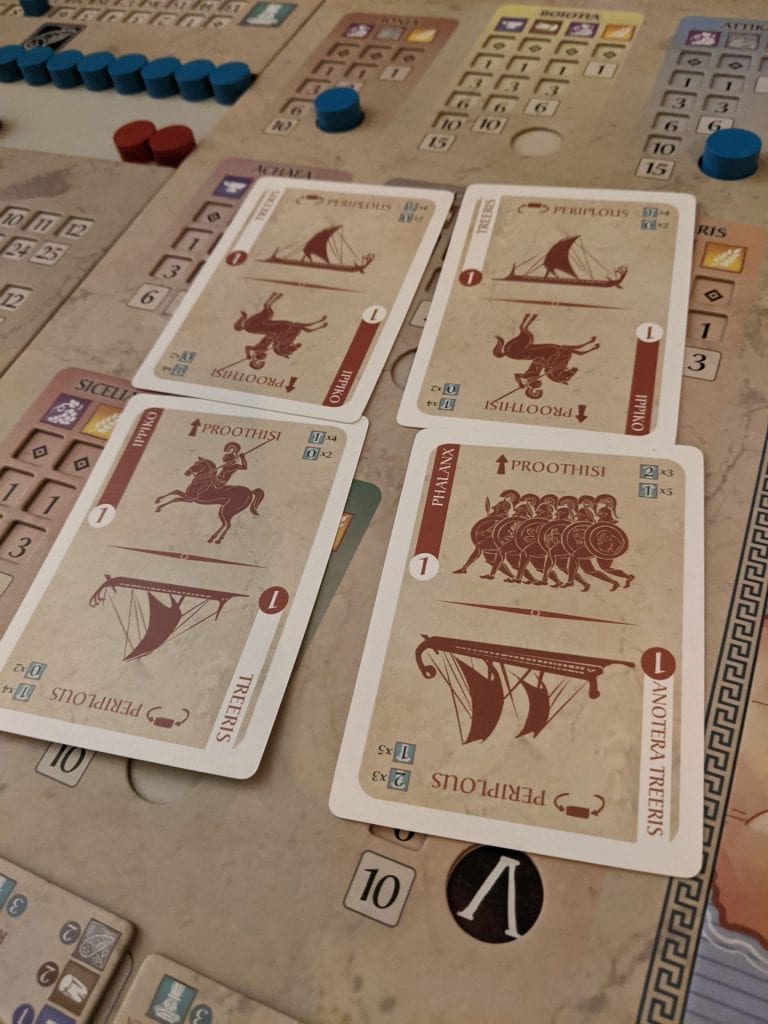
A note about the new edition
I have played both versions of Polis, this new version, and the original edition, Polis: Fight for the Hegemony. While at first glance, it would seem that there are significant differences between the two, I do not think the game is fundamentally changed. The two most significant alterations are that the first edition had 4 rounds of play compared to the new edition’s 3. Additionally, one of the resources in the first edition (oil) was removed from the second edition.
The former change might be arguably the most significant. My playing partner and I discussed this at length, and his argument is that an additional round allows for a bit more military intervention to affect the other player’s score. While this is true, I don’t think that this change actually alters the experience of the game much, it just makes it longer and a bit more dramatic. I generally lose by the same margins in both editions. I prefer the new edition because it makes the game shorter and more likely to hit the table often.
The latter change is a marked improvement from my perspective. It simplifies the economic system without changing its difficulty. The distributions of resources have been well-balanced, and overall, I found this change positive. I heartily recommend either one you can get your hands on.


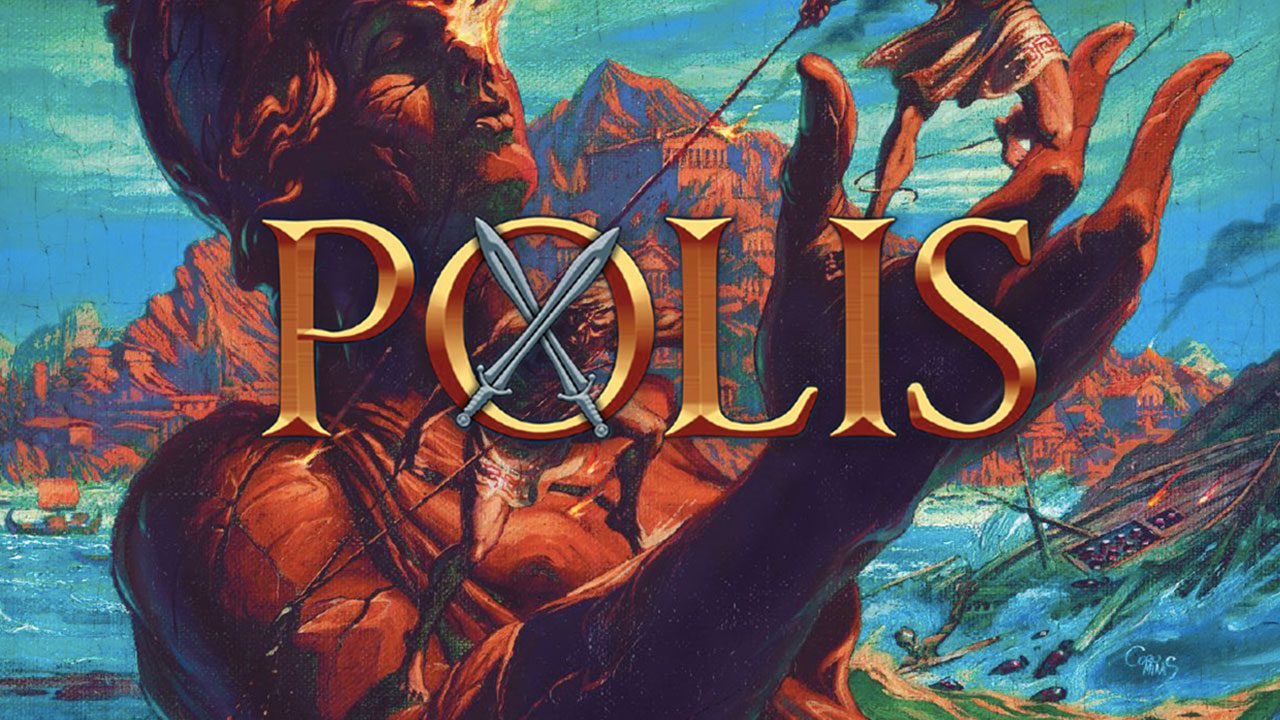


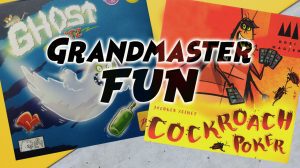
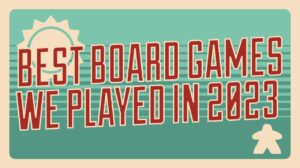





Add Comment